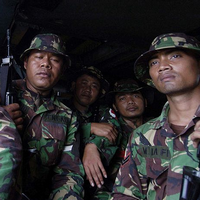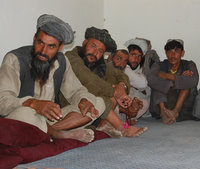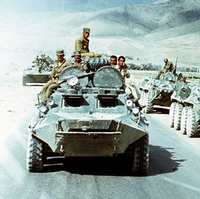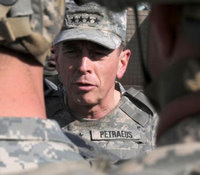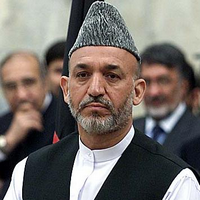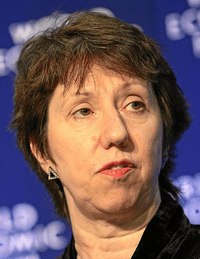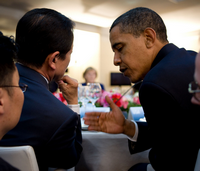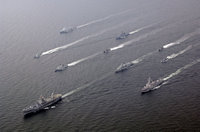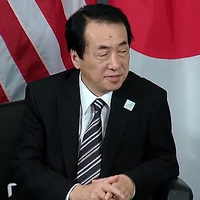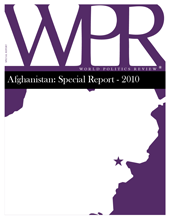
Stepped-up hostilities between Turkish forces and Kurdish guerrillas in southeastern Turkey and predominantly Kurdish northern Iraq coupled with a high-powered Iraqi Kurdish campaign to achieve greater autonomy are complicating U.S. efforts to ensure that Iraq remains united once American troops leave the country. The increased hostilities couldn’t come at a worse time for the Obama administration, which is preparing for next year’s withdrawal of U.S. troops from Iraq. The U.S. had hoped that closer Turkish-Iraqi Kurdish cooperation and Ankara’s conciliatory moves toward Turkey’s estimated 15 million Kurds — who account for approximately 20 percent of Turkey’s population — would end […]


